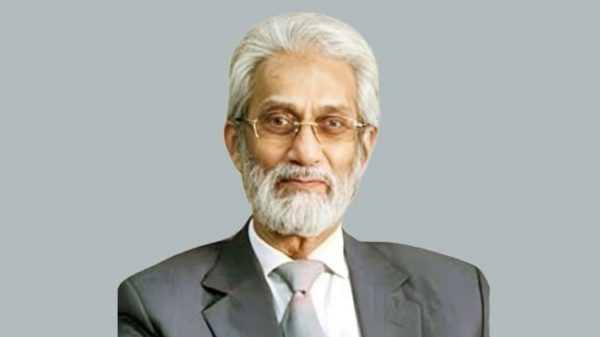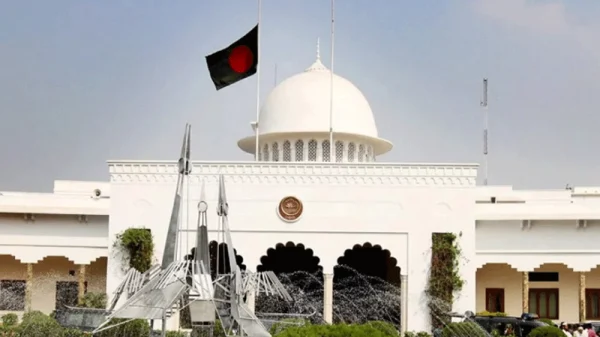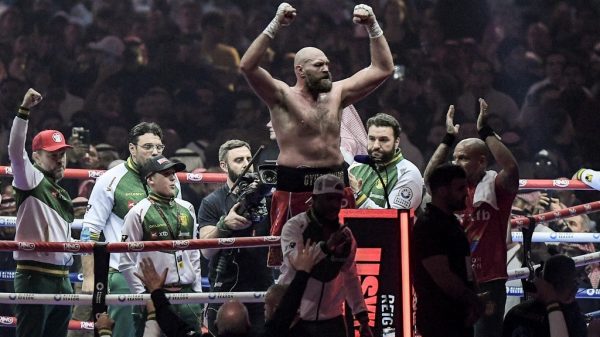WTC final takes centre stage

Shawdesh Desk:
The World Test Championship final between Australia and India at the Oval starts Wednesday against a backdrop of fears for the long format given the growth of Twenty20 franchise leagues.
Not that there’s anything new about cricket-lovers worrying about the future of their sport.
Indeed it was following an 1882 Test at the Oval, after Australia had inflicted England’s first defeat on home soil, that the Sporting Times published a mock obituary of English cricket that referenced its cremation, with ‘the Ashes taken to Australia’.
The Ashes has since become a shorthand for Anglo-Australian Test cricket, with a five-match series in England starting next week — just days after the scheduled finish of the WTC final.
One current concern is that the riches on offer to leading players from T20 tournament such as the Indian Premier League, and the vastly shorter time it takes to earn the money than by playing five-day Test cricket, makes the traditional format of the game much less attractive to leading modern-day players.
The International Cricket Council’s response was to devise the WTC, a two-year cycle of games culminating in a final, in order to give Test cricket greater context.
This week’s match marks the culmination of the second edition, with New Zealand having defeated India in the inaugural 2021 final at Southampton.
Australia and India are two of cricket’s major on and off-field powers, together with England, and the ‘Big Three’ play the majority of five-match Test series.
The proximity of the first Ashes Test at Edgbaston starting on June 16 has led to the WTC final being labelled a ‘warm-up’ game for Australia.
But Australia star batsman Steve Smith, whose side just missed out on the inaugural final, after losing their last home series India, is adamant it is a match his side want to win just as much as a 50-over or T20 World Cup final.
‘We’re all just looking forward to this (match against India),’ Smith told reporters at the Oval on Monday.
‘It’s two years in the making, of getting to the final of the World Test Championship, it’s a big week for us and India, so we’ll get through this then we’ll focus after that.
‘Every game you play for your country is important.’
And India coach Rahul Dravid said: ‘It’s something you aspire to, to be in the top two teams so you get an opportunity to play this game.’
The former India batsman added the fact New Zealand had won the first final after qualifying via the ICC’s weighted points system, was proof of how teams whose cricket economics mean they are often restricted to two-Test series, could still be competitive at Test level.
‘If you play less you still have the opportunity to make it to the final, as New Zealand showed last time,’ said Dravid. ‘Actually playing less gives you an opportunity to protect your resources.’
When India, now cricket’s financial powerhouse, won the 1983 one-day World Cup final, it transformed the format’s status in the sport’s most populous nation and with it the economy of the global game.
It was a similar story in 2007 when Indian officials’ scepticism about T20 cricket evaporated after India’s dramatic victory over arch-rivals Pakistan in the 2007 World Twenty20 final in South Africa.
Dravid, however, was sceptical over whether a victory for India, set to be roared on by thousands of passionate fans at the Oval, the south London headquarters of county side Surrey, would have a similar effect.
‘Test cricket faces unique challenges, which are not necessarily going to change as a result of one game,’ he said.























Leave a Reply